Popular audiobooks
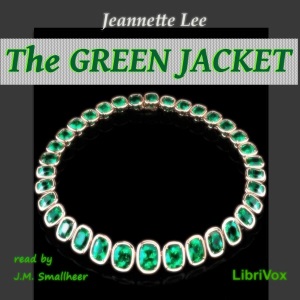
The Green Jacket - Jennette Lee
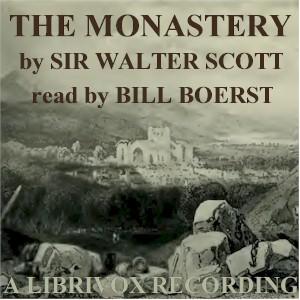
The Monastery - Sir Walter Scott
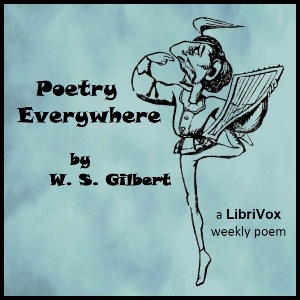
Poetry Everywhere - W. S. Gilbert
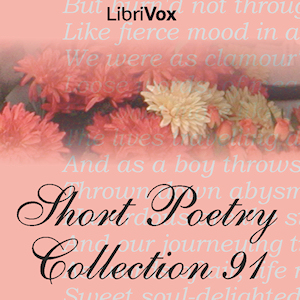
Short Poetry Collection 091 - Various
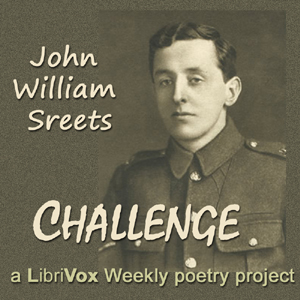
Challenge - John William Streets
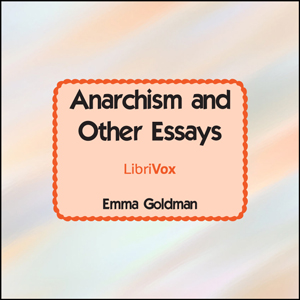
Anarchism and Other Essays - Emma Goldman
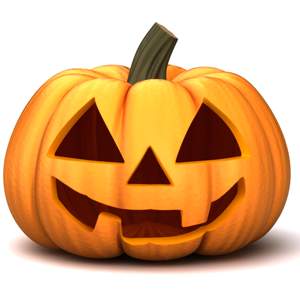
Halloween on the Pond - Bertie Stories
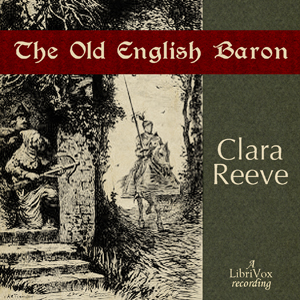
The Old English Baron - Clara REEVE
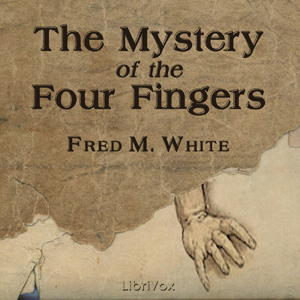
The Mystery of the Four Fingers - Fred M. WHITE
Poetry
633 books
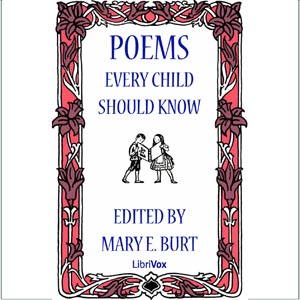
Time8:07:47
Poems Every Child Should Know - Various
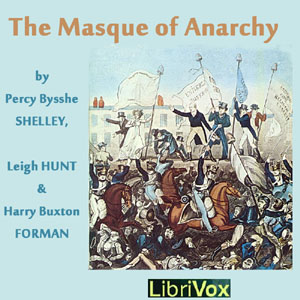
Time1:26:50
The Masque of Anarchy - Percy Bysshe Shelley

Time0:14:44
A Birthday - Christina ROSSETTI

Time1:34:27
Short Poetry Collection 094 - Various
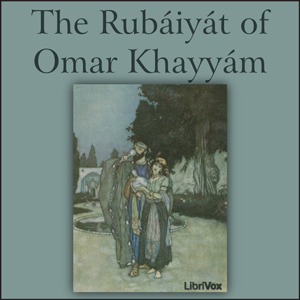
Time1:49:56
Rubáiyát of Omar Khayyám, Collected Translations - Omar Khayyám

Time0:13:07
Silver Filigree - Elinor Wylie
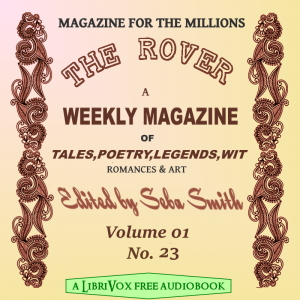
Time02:15:27
The Rover Vol. 01 No. 23 - Seba Smith
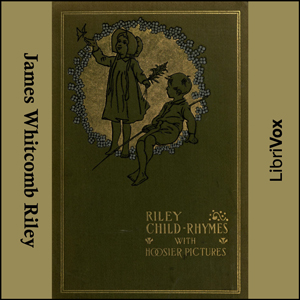
Time0:23:23
Selected Riley Child-Rhymes - James Whitcomb Riley
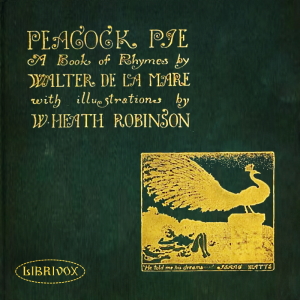
Time01:44:42
Peacock Pie: A Book of Rhymes - Walter De la Mare
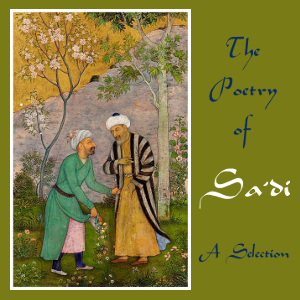
Time01:57:40
The Poetry of Sa'di - A Selection - Saadi
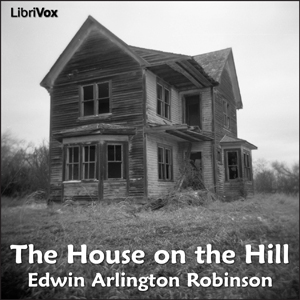
Time0:18:56
The House on the Hill - Edwin Arlington ROBINSON
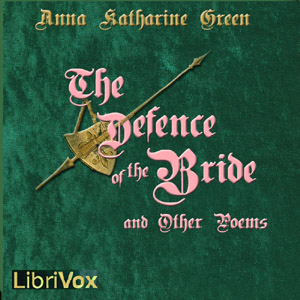
Time03:04:43
The Defence of the Bride and Other Poems - Anna Katharine Green
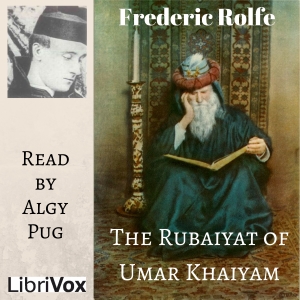
Time02:37:23
The Rubaiyat of Umar Khaiyam - Omar Khayyám
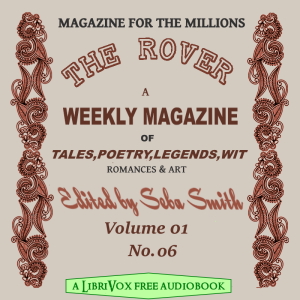
Time02:34:00
The Rover Vol. 01 No. 06 - Seba Smith

Time0:40:04
Short Poetry Collection 020 - Various
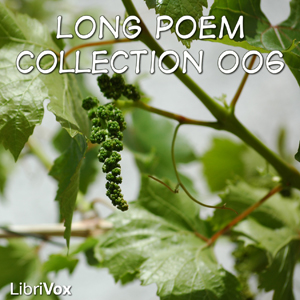
Time2:30:42
Long Poems Collection 006 - Various
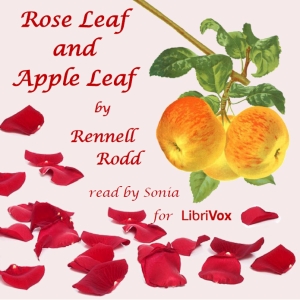
Time01:17:33
Rose Leaf and Apple Leaf - Rennell RODD
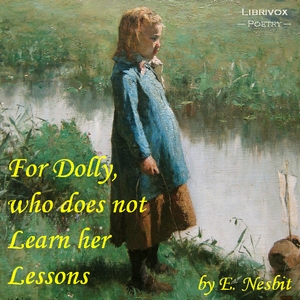
Time0:33:52
For Dolly, who does not Learn her Lessons - E. Nesbit
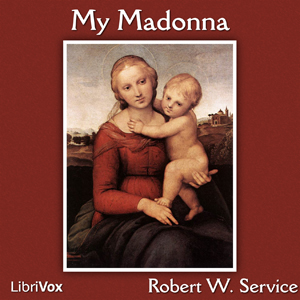
Time0:21:58
My Madonna - Robert W. Service
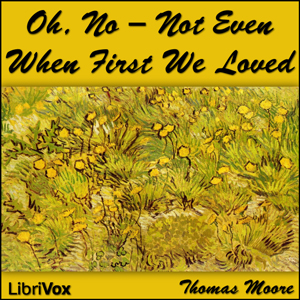
Time0:24:22
Oh, No - Not Even When First We Loved - Thomas Moore
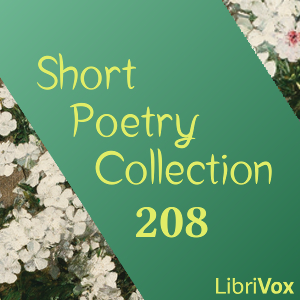
Time02:29:11
Short Poetry Collection 208 - Various
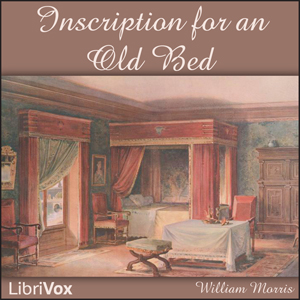
Time0:14:04
Inscription for an Old Bed - William Morris
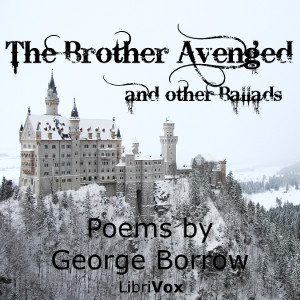
Time00:22:50
The Brother Avenged, and Other Ballads - George BORROW
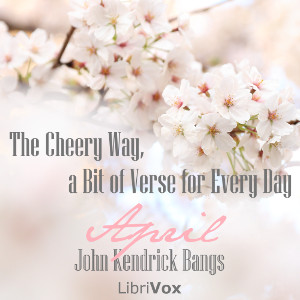
Time00:28:18
The Cheery Way, a Bit of Verse for Every Day - April - John Kendrick Bangs

Time0:28:56
Short Poetry Collection 045 - Various
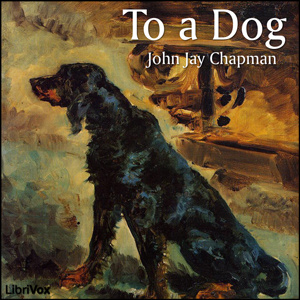
Time0:27:14
To a Dog - John Jay CHAPMAN
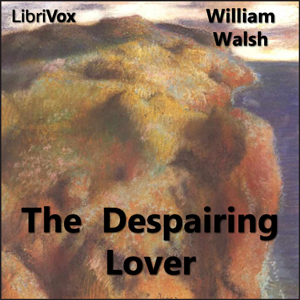
Time0:33:37
The Despairing Lover - William WALSH
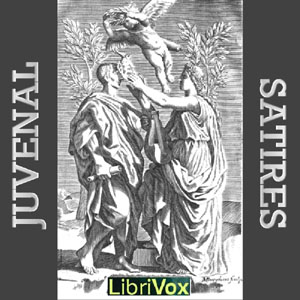
Time5:09:49
Satires - Decimus Iunius IUVENALIS
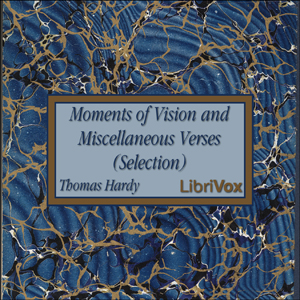
Time0:56:23
Moments of Vision and Miscellaneous Verses (Selection) - Thomas Hardy
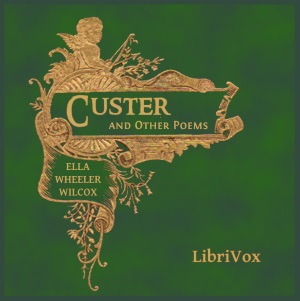
Time02:24:42
Custer, and Other Poems - Ella Wheeler Wilcox
Poetry is a genre of literature that uses language in a creative and artistic way to express emotions, ideas, and experiences. Poems can be written in various forms, including sonnets, haikus, free verse, and more. The language used in poetry is often rich and imaginative, with a focus on metaphor, symbolism, and imagery. Poets use various techniques such as rhyme, rhythm, repetition, and alliteration to create a musical quality in their work. Poetry can cover a wide range of themes, from love and nature to social issues and political commentary. It is a genre that allows for personal expression and interpretation, inviting readers to connect with the emotions and experiences of the poet.
- Poetry is a genre of literature that uses language in a creative and artistic way.
- The purpose of poetry is to express emotions, ideas, and experiences.
- Poems can be written in various forms, including sonnets, haikus, free verse, and more.
- The language used in poetry is often rich and imaginative, with a focus on metaphor, symbolism, and imagery.
- Poets use various techniques such as rhyme, rhythm, repetition, and alliteration to create a musical quality in their work.
- Poetry can cover a wide range of themes, from love and nature to social issues and political commentary.
- Poetry allows for personal expression and interpretation, inviting readers to connect with the emotions and experiences of the poet.
- Poetry is a genre of literature that uses language in a creative and artistic way.
- The purpose of poetry is to express emotions, ideas, and experiences.
- Poems can be written in various forms, including sonnets, haikus, free verse, and more.
- The language used in poetry is often rich and imaginative, with a focus on metaphor, symbolism, and imagery.
- Poets use various techniques such as rhyme, rhythm, repetition, and alliteration to create a musical quality in their work.
- Poetry can cover a wide range of themes, from love and nature to social issues and political commentary.
- Poetry allows for personal expression and interpretation, inviting readers to connect with the emotions and experiences of the poet.